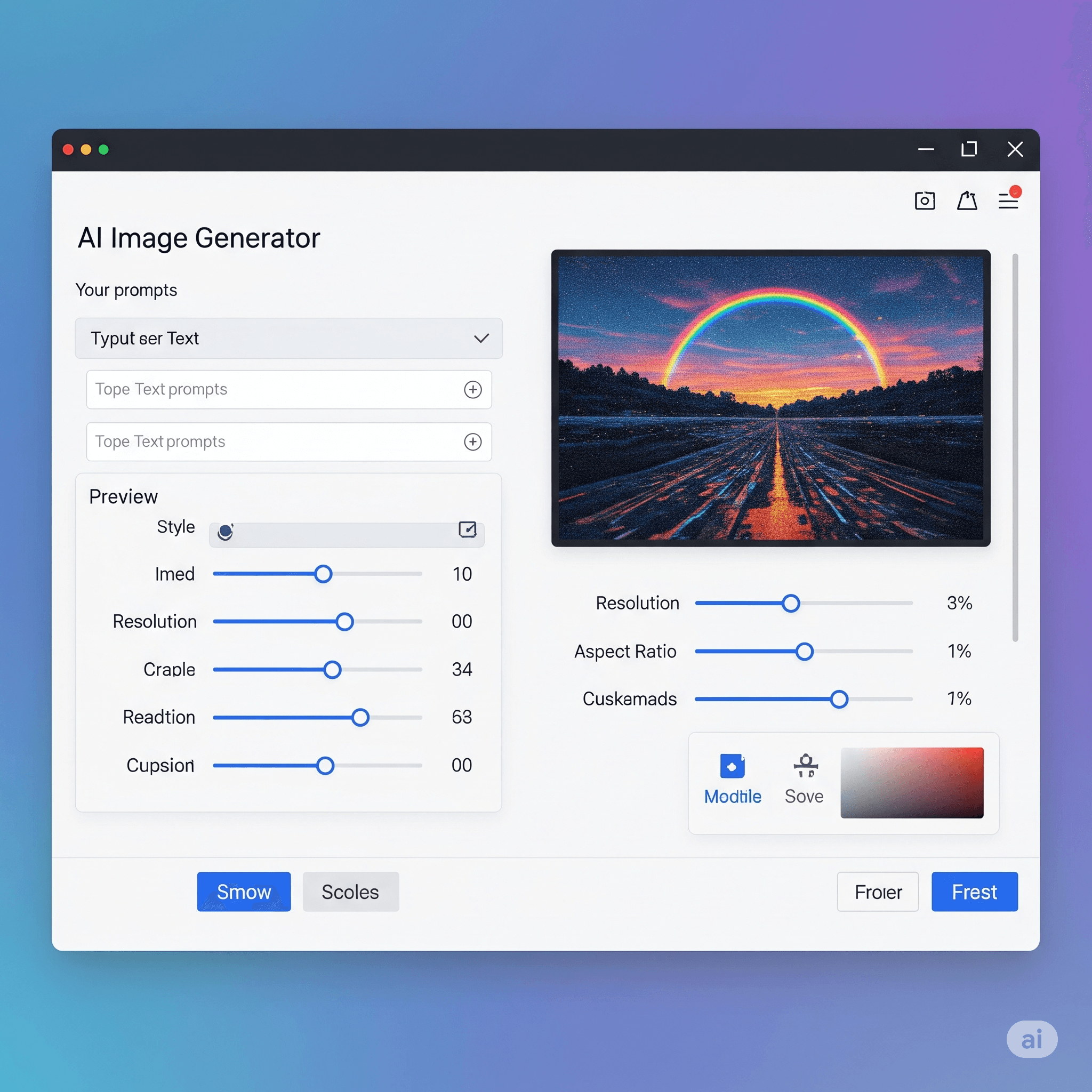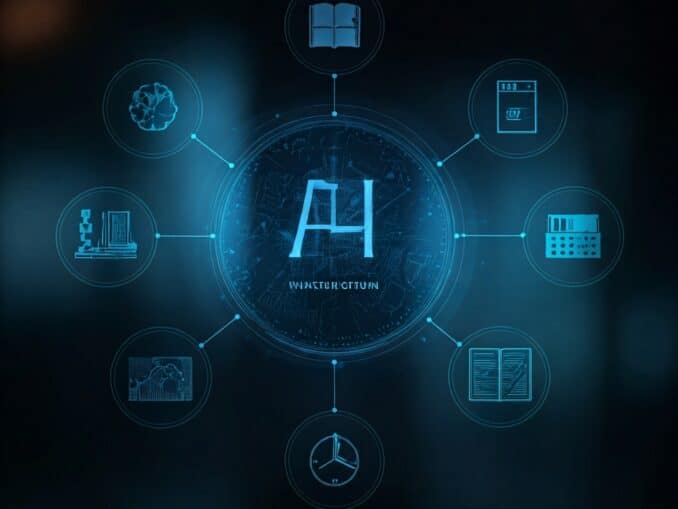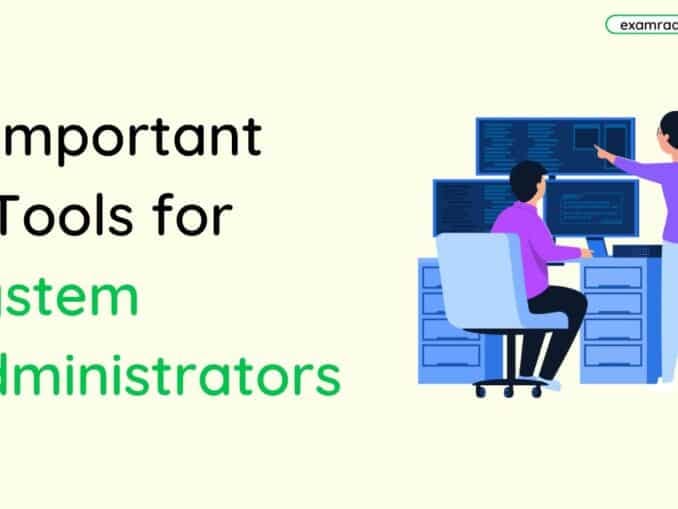Question: For carrying out B2B e-Commerce the following infrastructure is essential:I. World Wide Web II. Corporate network III. Electronic Data Interchange standards IV. Secure Payment Services V. Secure electronic communication link connecting businesses
Answer:
To carry out B2B e-commerce effectively, the following infrastructure components are essential:
I. World Wide Web: The World Wide Web (WWW) provides the foundation for online interactions and information exchange. It enables businesses to create websites, host online catalogs, display product information, and facilitate online transactions.
II. Corporate network: A secure and reliable corporate network is crucial for B2B e-commerce. It allows internal communication within an organization and ensures seamless connectivity between different departments, such as sales, marketing, inventory management, and customer support.
III. Electronic Data Interchange (EDI) standards: EDI standards define the format and structure for exchanging electronic business documents between trading partners. They establish a common language and ensure compatibility and interoperability between different systems. Implementing EDI standards streamlines the exchange of purchase orders, invoices, shipping notices, and other essential documents in a standardized and automated manner.
IV. Secure Payment Services: Secure payment services are necessary for conducting financial transactions in B2B e-commerce. This may include payment gateways, online banking systems, or other secure electronic payment methods. These services ensure the confidentiality and integrity of financial data and provide a convenient and trustworthy payment mechanism for businesses.
V. Secure electronic communication link connecting businesses: Establishing a secure electronic communication link, such as a Virtual Private Network (VPN), between businesses is crucial for transmitting sensitive information securely. It ensures that data exchanged between trading partners, including purchase orders, contracts, and customer data, remains confidential and protected from unauthorized access.
By having these infrastructure components in place, businesses can effectively engage in B2B e-commerce, streamline processes, enhance communication, and securely exchange information and transactions with their trading partners.
MCQ: For carrying out B2B e-Commerce the following infrastructure is essential:I. World Wide Web II. Corporate network III. Electronic Data Interchange standards IV. Secure Payment Services V. Secure electronic communication link connecting businesses
Explanation:
To carry out B2B e-commerce effectively, the following infrastructure components are essential:
I. World Wide Web: The World Wide Web (WWW) provides the foundation for online interactions and information exchange. It enables businesses to create websites, host online catalogs, display product information, and facilitate online transactions.
II. Corporate network: A secure and reliable corporate network is crucial for B2B e-commerce. It allows internal communication within an organization and ensures seamless connectivity between different departments, such as sales, marketing, inventory management, and customer support.
III. Electronic Data Interchange (EDI) standards: EDI standards define the format and structure for exchanging electronic business documents between trading partners. They establish a common language and ensure compatibility and interoperability between different systems. Implementing EDI standards streamlines the exchange of purchase orders, invoices, shipping notices, and other essential documents in a standardized and automated manner.
IV. Secure Payment Services: Secure payment services are necessary for conducting financial transactions in B2B e-commerce. This may include payment gateways, online banking systems, or other secure electronic payment methods. These services ensure the confidentiality and integrity of financial data and provide a convenient and trustworthy payment mechanism for businesses.
V. Secure electronic communication link connecting businesses: Establishing a secure electronic communication link, such as a Virtual Private Network (VPN), between businesses is crucial for transmitting sensitive information securely. It ensures that data exchanged between trading partners, including purchase orders, contracts, and customer data, remains confidential and protected from unauthorized access.
By having these infrastructure components in place, businesses can effectively engage in B2B e-commerce, streamline processes, enhance communication, and securely exchange information and transactions with their trading partners.
Discuss a Question
Related Questions
- 1. Usually TCP/IP uses the services of _________ before using any other application program
- 2. The domain [email protected] is a(n) _________ domain
- 3. The domain [email protected] is a(n) _________ domain.
- 4. The domain [email protected] is a(n) _________ domain
- 5. Internet data is broken up as
- 6. Internet packet data structure consists of I. source address II. destination address III. serial number of packets IV. message bytes V. Control bits for error checking VI. Path identification bits
- 7. For carrying out B2C e-Commerce the following infrastructure is essentiali. World Wide Web ii. Corporate network iii. Electronic Data Interchange standards iv. Secure Payment Services v. Secure electronic communication link connecting businesses
- 8. For carrying out C2C e-Commerce the following infrastructure is essentiali. World Wide Web ii. Corporate network iii. Electronic Data Interchange standards iv. Secure Payment Services v. Secure electronic communication link connecting businesses
- 9. The packets of an internet message
- 10. The domain 121.24.34.12.in-addr.arpa is a(n) _______ domain.
You may be interested in:
Web Fundamental MCQs






